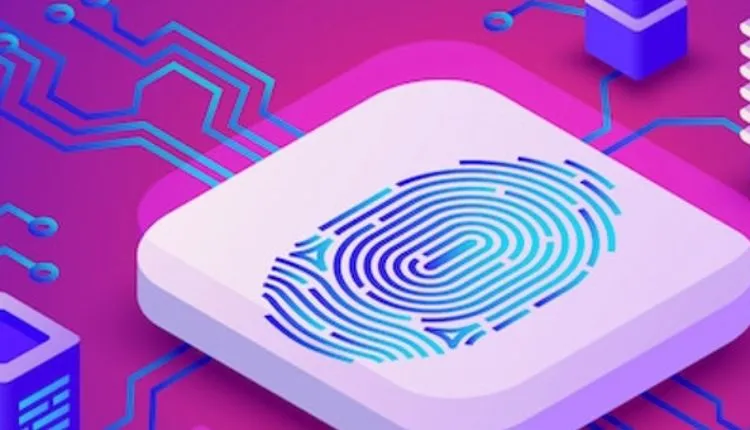
Find Out the Fundamentals of Blockchain Technology
Blockchain technology is a decentralized digital ledger that records transactions across a network of computers. The technology underlies the digital currency, Bitcoin, but it has a range of potential uses beyond digital currencies.
A blockchain is a chain of blocks, where each of which contains a set of transactions. These blocks are linked in a linear, chronological order and are secured using cryptography. It is impossible to change the data in a block once it is added to the blockchain. It makes blockchain technology highly secure and resistant to tampering.
What are the benefits of using Blockchain technology?
One of the key benefits of blockchain technology is that it allows the creation of a decentralized system, which means there is no single point of control or failure, making it more resilient and secure than traditional centralized systems. Further, the employment of cryptography ensures that transactions are private and secure and that only authorized parties can access the information on the blockchain.
Another benefit of blockchain technology is its ability to enable the creation of smart contracts. Smart contracts are self-executing contracts with the terms of the agreement directly written into code. They can be used to automate many business processes and can significantly reduce the need for intermediaries.
The potential uses of blockchain technology are vast and varied and used in finance, supply chain management, voting systems, and many other industries. For example, you can create a decentralized stock market or track the ownership of real estate using blockchain.
In recent years, there has been a growing interest to known what is blockchain technology and how to use it in the public sector. It has the potential to improve transparency and security in government processes, such as voting systems and land registries.
Blockchain Security
The rise in identity theft is one drawback of digital transformation. Cybercriminals target government databases. As in the case of the 2017 Equifax database breach, database hacks have exposed names, birthdates, Social Security numbers, addresses, and licence numbers of millions of people to the public. Blockchain data structures strengthen network security by lowering the risk of a single point of failure, attempting to make a database breach more challenging.
A key component of blockchain security is the requirement that if cyber criminals want to hack a blockchain, every block in a blockchain should be altered or tampered with. As a result, increasing blockchain, such as the freeware Ethereum blockchain, gain significant security with each new block added to the chain.
The management of online identity and internet access is one area where the Department of Homeland Security is looking into blockchain-based data security strategies. The technology can be used to store the hash values of public documents on the blockchain, enabling governments to deliver a factual electronic copy of these documents as needed.
These kinds of verified transactions frequently involve cryptocurrencies, smart contracts, documents, or other kinds of data. Having said that, you should always exercise caution when dealing with hackers, who could try to discover the information that gives them access to your data. For instance, two-factor authentication might be necessary for a cryptocurrency transaction. A hacker could be able to verify transactions at your behest if he gains access to elements like your inbox or mobile phone.
Despite its many benefits, blockchain technology is still in its early stages of development. There are still many technical challenges, such as scalability and interoperability, which you need to overcome. Additionally, there are also concerns about the energy consumption required to maintain a blockchain.
Applications of Blockchain technology
Blockchain has established itself in several industries close to us. Among other things, some of these industry sectors include:
- Financial services
- Healthcare
- Food safety
- Data
- Real estate
- Automotive
- Voting
- Intellectual property
These sectors might place a premium on a trifecta of security, transparency, and speed.
Using blockchain technology in the healthcare industry, for instance, could help ensure that our private health information is encrypted and shared with providers without compromising our privacy.
Blockchain technology allows content producers to sell their works as cryptographic tokens that are unreplaceable in terms of intellectual property. Since non-fungible tokens (NFTs) can even stand in for real-world objects like real estate, there has been a recent increase in discussions about them.
By increasing transparency and lowering transaction costs by streamlining processes, blockchain has transformed many facets of settlements and money transfers in the financial services sector.
Together with JP Morgan and Temasek, DBS established the Singapore interbank payment system in 2021. Cross-border payments are anticipated to reach $156 trillion in 2022 and will be processed more quickly. A wholesale settlement and clearing system are used to achieve this, increasing transparency and eliminating the middlemen.
Overall, blockchain technology has the potential to revolutionize the way you conduct business and handle transactions. It offers a new level of security and transparency and has the potential to reduce the need for intermediaries.




